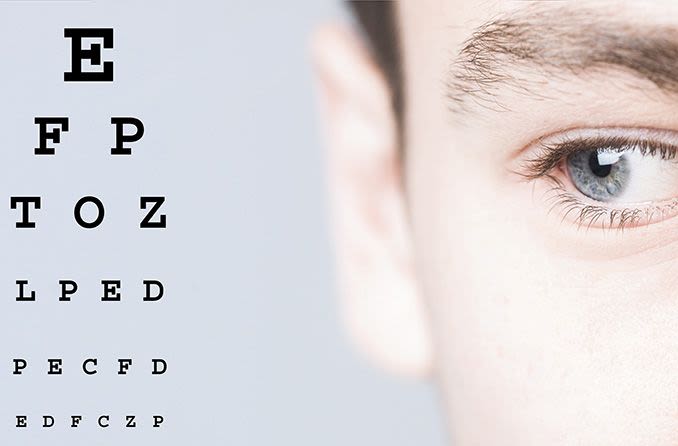Notifications
That being stated, there are different recommendations based upon age, family and individual case history, whether you currently wear glasses and/or contacts, and other danger elements. Unless you or your pediatrician notification signs of vision loss, pediatricians, optometrists, and ophthalmologists recommend having your child's vision evaluated at six months of age.
After that, it depends on you. Experts have actually examined that 80% of what kids learn is taken in visually, so ensuring a child can see clearly is the finest way to facilitate academic and social learning success. We advise having kids's eyes checked every two years unless you observe indications of possible eye pressure.
A total eye test is various from the general vision test where you stand or sit behind a line and check out off varying-sized letters from an eye chart (called a Snellen Eye Chart). A complete or extensive eye examination is comprehensive, requiring about 1 to 2 hours to finish. Your family and individual medical histories are ideas to the kinds of vision problems you may experience gradually.
Opticians do not offer eye health assessments. Your eye medical professional will want to make sure your prescription is the best one for you.
To make it simpler for your medical professional to analyze the inside of your eye, he or she will likely give you eyedrops to dilate your eyes. After the dilating drops take impact, your eye medical professional might utilize numerous lights or imaging to assess the front of the eye and the within of each eye.
At the end of your eye examination, you and your medical professional will go over the outcomes of all testing, including an evaluation of your vision, your danger of eye disease and preventive procedures you can require to protect your eyesight. This test assesses the muscles that control eye movement. Your optometrist enjoys as your eyes follow a moving things, such as a pen or small light.

This test determines how clearly you see. Your medical professional asks you to identify various letters of the alphabet printed on a chart or a screen placed some range away. The lines of type get smaller sized as you move down the chart. Each eye is checked independently. Your near vision also might be tested, utilizing a card with letters held at checking out distance.
He or she asks you to evaluate which combination of lenses gives you the sharpest vision. Your visual field is the full level of what you can see to the sides without moving your eyes. The visual field test determines whether you have trouble seeing throughout your overall visual field.
You look directly ahead and inform the medical professional each time you see his/her hand relocation into view. You sit a brief distance from a screen and concentrate on a target at its center. You tell the physician when you can see an item relocation into your peripheral vision and when it disappears.
Utilizing your reactions to several of these tests, your optometrist determines the fullness of your visual field. If you aren't able to see in certain areas, keeping in mind the pattern of your visual field loss can help your optometrist diagnose your eye condition. You could have bad color vision without realizing it.
To do this, your medical professional shows you numerous multicolored dot-pattern tests. If you do have a color shortage, you'll discover it hard to see particular patterns within the dots.
Sometimes eyedrops aren't necessary to dilate your eyes before this test. During this test, you may stay up or be reclined in the exam chair. Your optometrist takes a look at the within the eye with the aid of a condensing lens and an intense light mounted on his or her forehead.
If your eye pressure is greater than average or your optic nerve looks unusual, your physician might use a pachymeter, which uses sound waves to measure the thickness of your cornea.
"The majority of people feel comfy driving after a dilated eye exam. Nevertheless, some do not. If you have never ever had your eyes dilated, it is best to bring a driver". Pregnant ladies can experience fluid shifts in the cornea that cause blurred vision or problems with their contact lenses.
"It is absolutely safe to have an eye assessment throughout pregnancy," Dr. Plant says. "Numerous ladies experience vision changes during pregnancy due to hormonal changes and therefore need a thorough eye examination." Diabetic ladies should receive an eye test prior to they end up being pregnant and then once again during their very first trimester.
How frequently should you get an eye exam? Well, that depends on things like your age, case history and whether you presently use prescription glasses or contact lenses. Eye examinations aren't simply for remedying vision problems. They can assist assess the general health of your eyes and comprehend how well they work now as well as possible concerns you might have in the future.